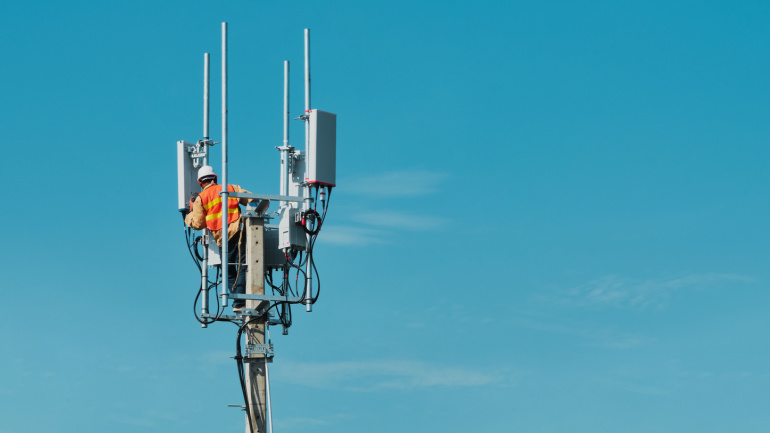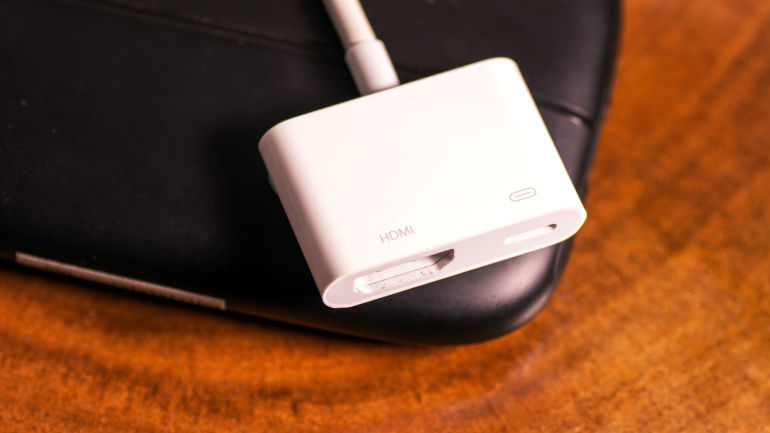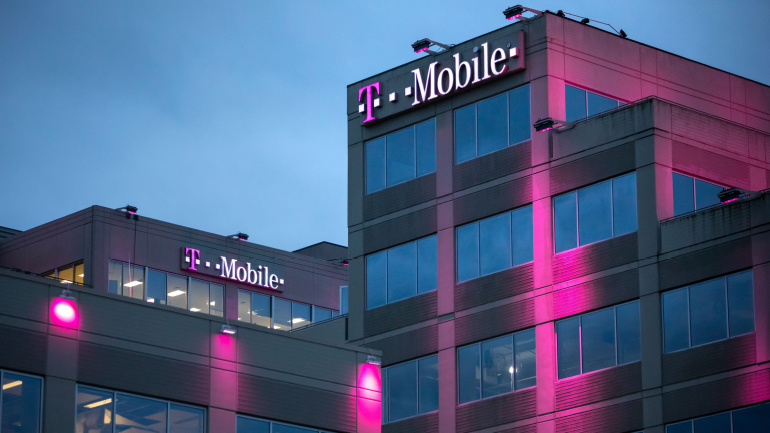In a recent security breach, Comcast has alerted millions of Xfinity customers about potential compromises to their passwords and portions of social security numbers. The breach, linked to a known vulnerability affecting major companies, including Boeing and Toyota, has been dubbed “CitrixBleed.”
In a bold move set to enhance its spectrum capabilities, T-Mobile US is poised to acquire Comcast’s 600 MHz frequencies, in a deal worth up to $3.3 billion. With 39 million subscribers potentially impacted, this decision reconfirms T-Mobile’s commitment to streamlining its 600 MHz range, especially in key US cities. It’s worth noting that despite the ambitious agreement, Comcast retains the rights to exclude any licenses before completion. The deal serves both parties well, promising to augment T-Mobile’s already substantial frequencies and refresh Comcast’s spectrum focus on high traffic areas.
Comcast pioneers low latency technology for enhanced network performance, partnering with Apple, NVIDIA, and Valve. The trial explores latency-sensitive applications, with potential impacts on streaming, cloud gaming, and multiplayer experiences in the Xfinity 10G Network by 2023.
T-Mobile has engaged in a marketing campaign called “Make Xfinity Your Ex” that aims to convince Comcast Xfinity customers to switch to T-Mobile’s fixed wireless access (FWA) 5G Home and Business Internet service. As part of the campaign, a T-Mobile billboard truck has been driving circles around Comcast’s headquarters in Philadelphia for 25 hours, playing a video that highlights Comcast’s price hikes over the years. In addition to the billboard truck, T-Mobile is offering its FWA 5G service for $25 per month, not including taxes and fees, with a qualifying voice line for a limited time, and is giving Comcast Xfinity customers up to $750 to break their contracts. The campaign is a direct attack on Comcast, which is set to raise prices on its TV and internet services, with an average rate increase of 3.8% for customers nationwide starting December 20. This follows a rate hike…
Charter plans to acquire Cox for $34.5 billion, forming the largest cable and broadband provider in the United States. The merger aims to enhance innovation, improve customer service, and strengthen competition amid a shifting market. Leadership will combine executives from both companies, with operations based in Stamford, Connecticut.
As the Federal Communications Commission evaluates T-Mobile US’s proposed acquisition of UScellular. This merger promises to reshape the VoIP landscape by combining resources to tackle fierce competition. By leveraging UScellular’s spectrum and infrastructure, T-Mobile aims to enhance its VoIP offerings, transforming market dynamics.
The Affordable Connectivity Program (ACP), a lifeline for millions of low-income Americans struggling to afford internet access, has officially shut down. Despite bipartisan support, Congress failed to secure additional funding, leaving the future of the program uncertain.
Google Fiber (GFiber) is expanding its Nevada network to include the City of Las Vegas, following its initial foray into the state earlier this year. In February, Clark County approved a franchise agreement, facilitating GFiber’s network deployment in the region.
The clock is ticking for the Federal Communications Commission’s Affordable Connectivity Program (ACP), offering qualified households valuable monthly internet discounts. However, with the fund balance dipping below $1.8 billion, the financial resources may only last until April. Several providers have presented strategies to maintain continuity, offering budget-friendly plans of as low as $10.
The 5G Open Innovation Lab (5G OI Lab) has officially introduced eleven new startups from around the world to its Spring program, marking the beginning of its fifth year in operation. The 5G OI Lab has become a beacon of innovation and technological progress in the 5G and Edge technology space, supporting a total of 129 startups since its inception. These startups have collectively raised over $2.23 billion in venture capital, thanks to the support of industry giants like AT&T, Comcast, Microsoft, and Intel, among others.













